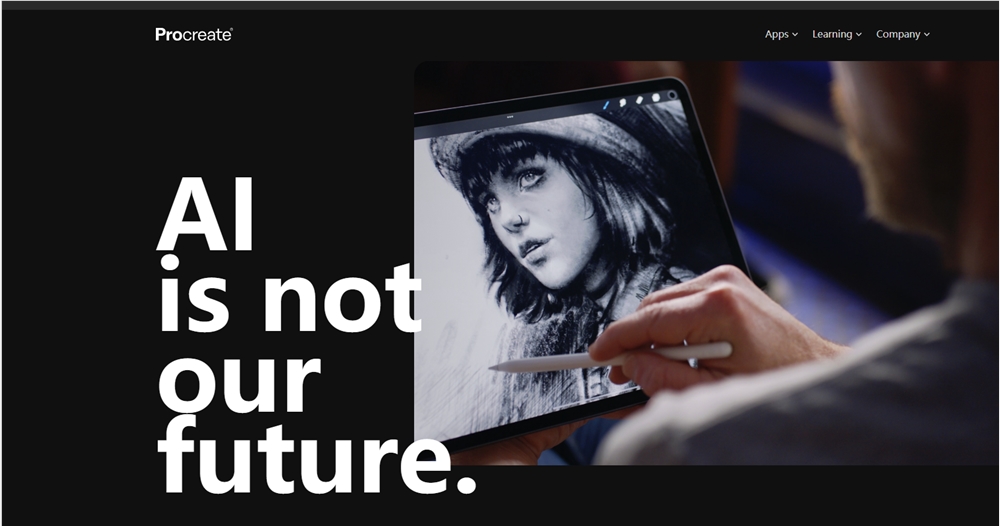The digital painting software Procreate announced today that it refuses to use generative AI-assisted creation, a move that has triggered a strong response in the field of artistic creation. Procreate believes that generative AI technology is essentially based on the misappropriation of artists' works. Its development direction is contrary to the authenticity of artistic creation and will lead the creative field to a future that lacks humanity. This statement clearly expresses Procreate’s stance on AI technology and reflects the concerns of many artists about AI technology.
Digital drawing application Procreate released an anti-AI pledge today, making it clear that it will not use generative AI on its platform to assist users in creation. The decision caused widespread concern in the creative community and highlighted the growing tension between technological development and artistic creation.
Procreate emphasized in its statement that generative AI is stripping humanity from creation. The company believes the technology is based on theft and is leading creators into a barren future. While Procreate acknowledges that machine learning technology has its merits, they insist that generative AI is going in the wrong direction.

Procreate official website
This stance reflects widespread concerns about generative AI in the creative community. Artists have two main concerns: first, that AI models are being trained using their work without permission or compensation; second, that widespread adoption of AI technology could significantly reduce employment opportunities. These concerns have prompted some digital illustrators to seek alternatives to software like Adobe Photoshop that employs generative AI.
This promise of Procreate undoubtedly adds a new dimension to the current debate between technology and art. It not only reflects the resistance of some creators to AI technology, but also highlights the challenges faced by technology companies in balancing innovation and traditional creative values. As AI technology continues to develop, similar discussions may become more common in the creative industries. How all parties find a balance between technological progress and artistic authenticity will become an ongoing topic.
This move by Procreate undoubtedly injects new variables into the game between artistic creation and the development of artificial intelligence technology, and also triggers people's thinking about the future form of artistic creation. This indicates that in an era of rapid technological development, how to find a balance between technological progress and artistic value will remain an ongoing challenge.